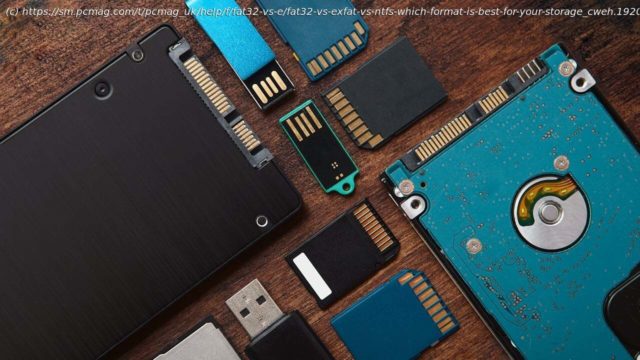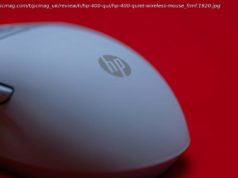When you’re reformatting a drive, memory card, or flash drive you need to pick a file format. If you see FAT32, exFAT, and NTFS, but don’t know which one to pick, here’s what you need to know.
When you purchase a new storage drive, it may tell you it needs reformatting, but which format is best? The main options for removable drives and memory cards these days are FAT32, exFAT, and NTFS, with NTFS considered to be a more modern file system. Which operating system you use, and what you plan to do with the drive, will play a part in which file system you need.What Is a File System?
A file system is a framework for organizing files in an operating system or external storage device. It lays out what information can be stored and what filenames, permissions, and other attributes can be attached to the files you save. As Microsoft-developed formats, Windows supports NTFS, FAT32, and exFAT file systems. They also work on Apple devices, though some of these formats are read-only, meaning you won’t be able to save these files on a Mac, just look at them.FAT32: Wide Compatibility, General Purpose Use
FAT32, part of the File Allocation Table family of file systems, is the oldest of the three, having been originally created for floppy disk storage. Introduced in Windows 95, it remains the most common file system today due to its usage in memory cards and flash drives. FAT32 isn’t as efficient as newer systems, but it is compatible with a wide range of devices and remains the de facto standard for a lot of machines. Many flash drives are still sold in FAT32 format for maximum compatibility.
Be warned that there are limits to FAT32. You can’t save individual files over 4GB, or make make a partition over 8TB, to a drive formatted with this system. Newer versions of Windows also don’t work with it, so don’t format an internal drive to FAT32. If you work with a lot of large files—say a videographer or photographer using high-quality equipment and uncompressed files—this format will not do well.
Home
United States
USA — software FAT32 vs. ExFAT vs. NTFS: Which Format Is Best for Your Storage...






